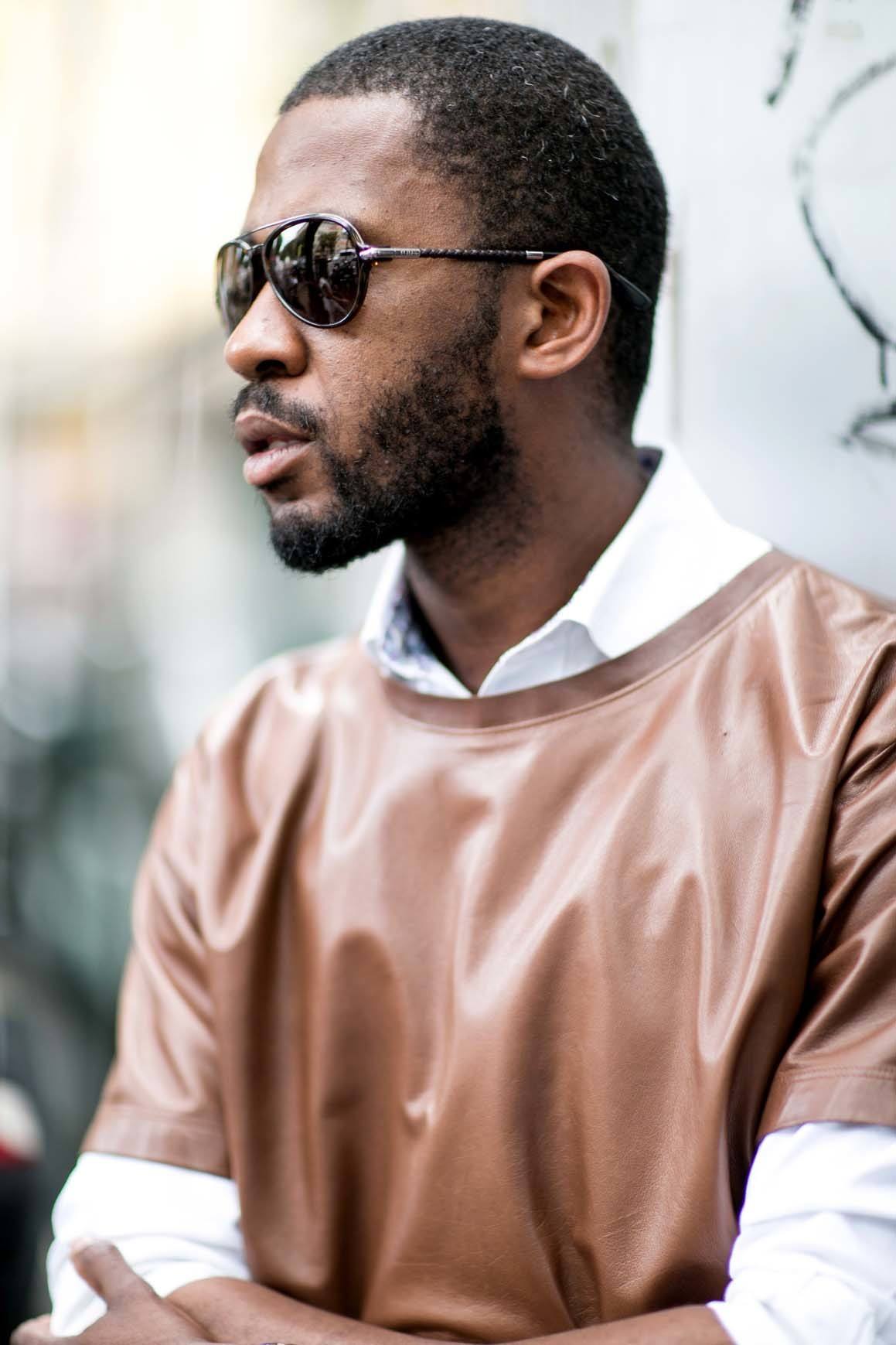Hairdressers as Cultural Stewards Shaping Neighborhood Identity and Bonding in New City
Hairdressers as Cultural Stewards Shaping Neighborhood Identity and Bonding in New City
Blog Article
Barbershops in NYC are not only locations to get a haircut; they function as crucial community centers that help define neighborhood identity and nurture relationships among locals. These businesses have a rich heritage in city settings, serving as gathering spots where individuals from diverse backgrounds come togetherness. In many areas, barbershops are often the initial venue where clients can engage in conversations about local issues, share stories, and build relationships. This distinct role makes barbers not only talented professionals but also cultural curators who add to the social fabric of their neighborhoods.
The atmosphere in a barbershop is often vibrant and welcoming, creating a space where people feel at ease expressing themselves. Barbers are known for their ability to engage with patrons, often participating in discussions that span from sports to politics. This engagement helps to create a feeling of belonging among clients, as they share their experiences and viewpoints. In many instances, barbershops mirror the ethnic diversity of the areas they serve, displaying different haircuts, grooming methods, and even sounds that resonate with the local community. This social exchange enhances the interaction for everyone involved and strengthens community ties.
Barbershops also play a key role in maintaining cultural heritage. Many barbers have been educated in particular techniques that are transmitted through ages, guaranteeing that unique styles and practices are not forgotten over time. For example, certain styles and grooming practices may be linked to cultural heritage, allowing individuals to express their identity through their look. By maintaining these traditions, barbershops help to keep cultural narratives alive, providing a sense of pride and continuity for community members.
In addition to their cultural significance, barbershops often participate in community service and assist local causes. Many barbers take an proactive role in tackling social issues, such as learning and health education, by organizing events or providing resources to their patrons. This engagement shows a dedication to the health of the neighborhood and fosters a sense of duty among barbers. By using their influence to encourage positive development, barbershops become vital players in the community, further solidifying their role as community curators.
Overall, barbershops in New York City serve as essential spaces for cultural interaction, community development, and identity creation. They provide a distinct environment where people can connect, share, and celebrate their varied backgrounds. As community curators, barbers not only influence the way clients fade haircuts for men present themselves but also influence the broader social dynamics. By recognizing the importance of these establishments, we can value the vital role they play in fostering connections and preserving cultural traditions in city settings.